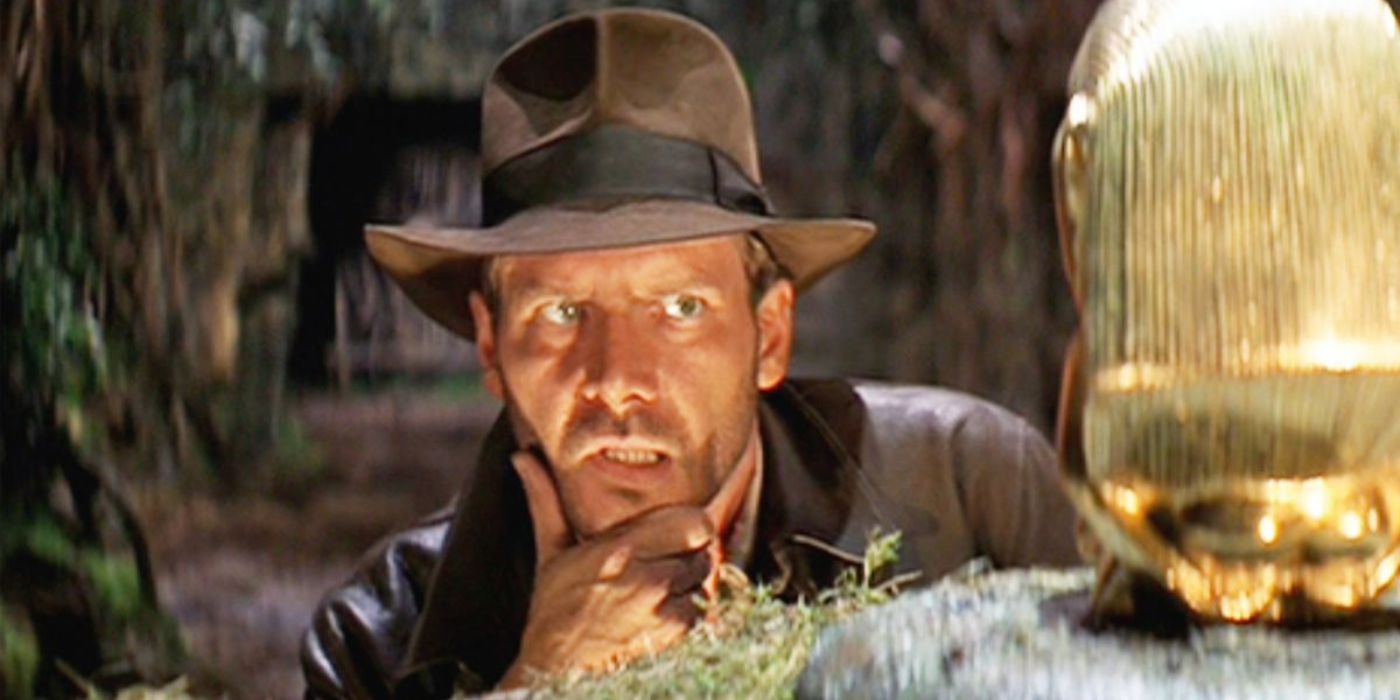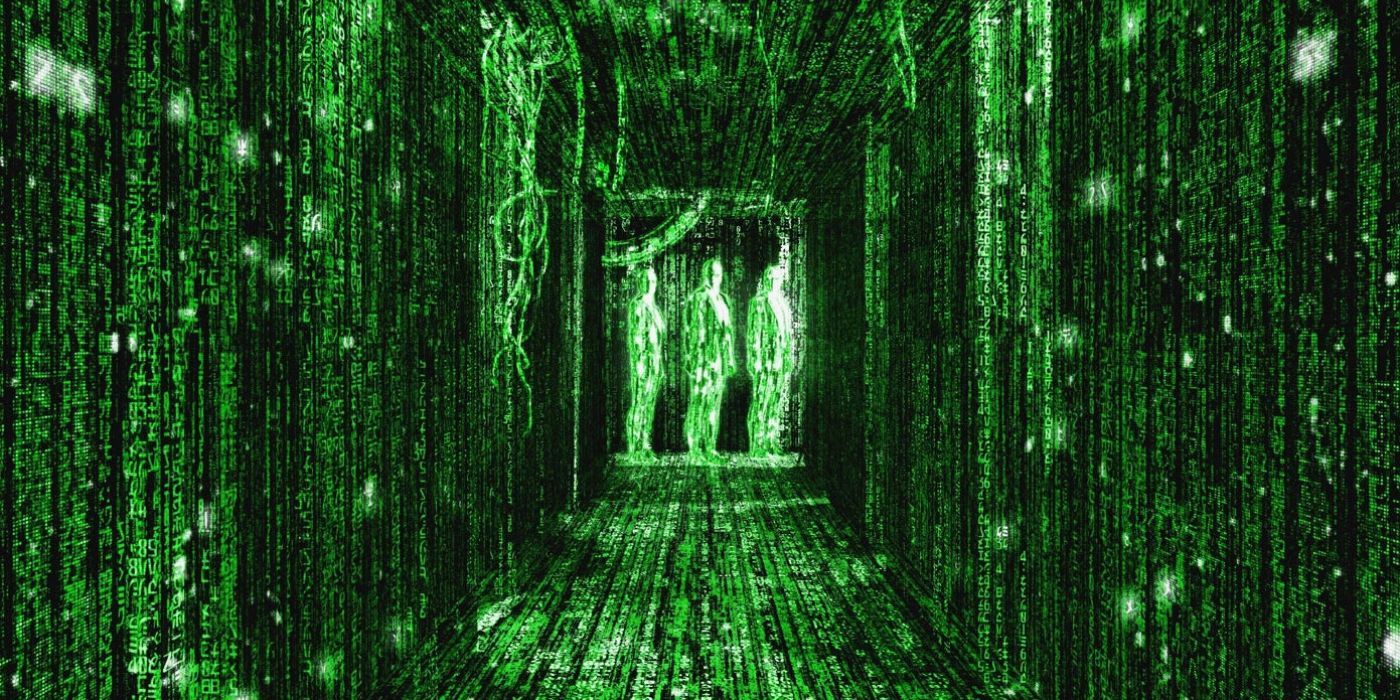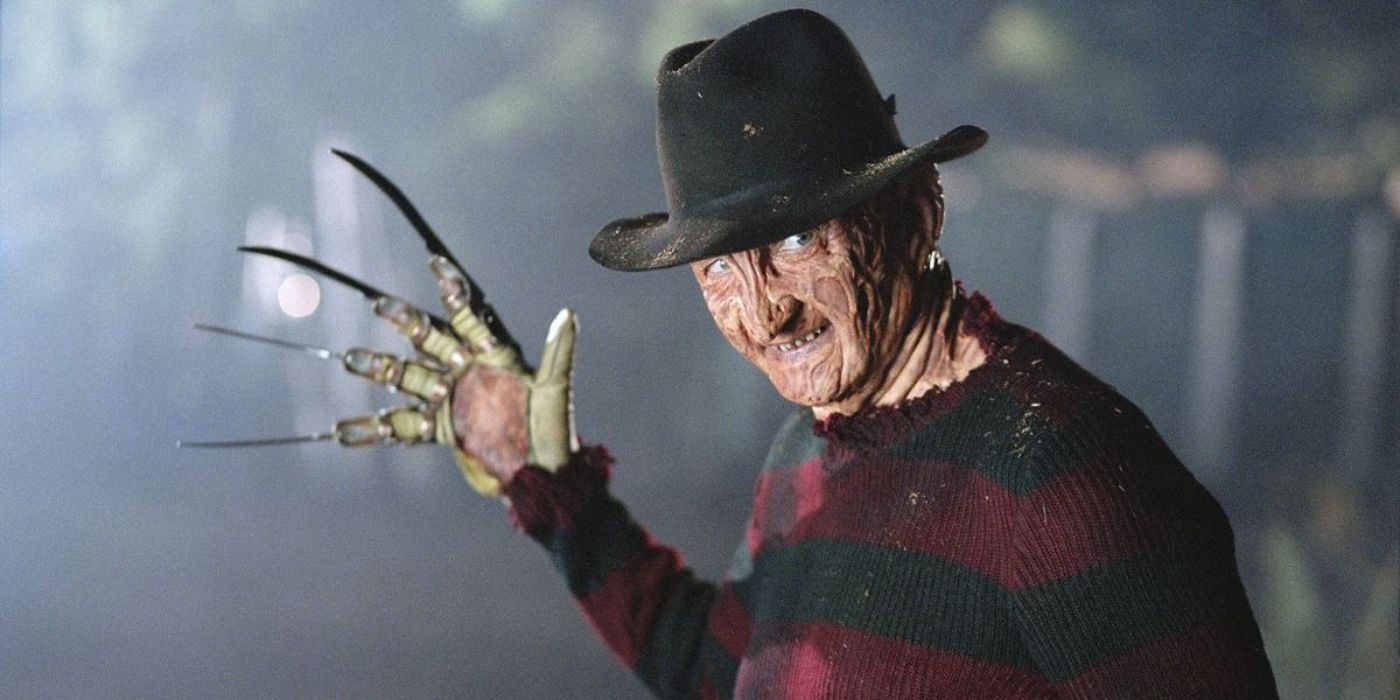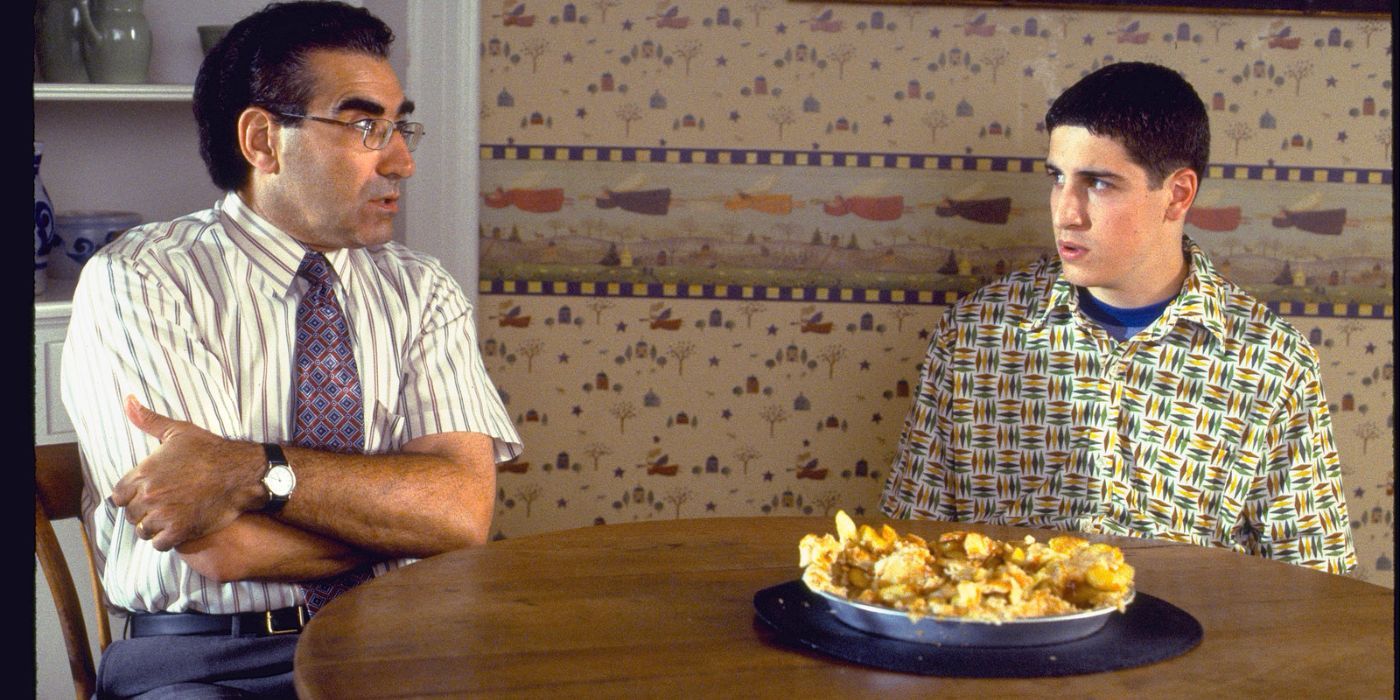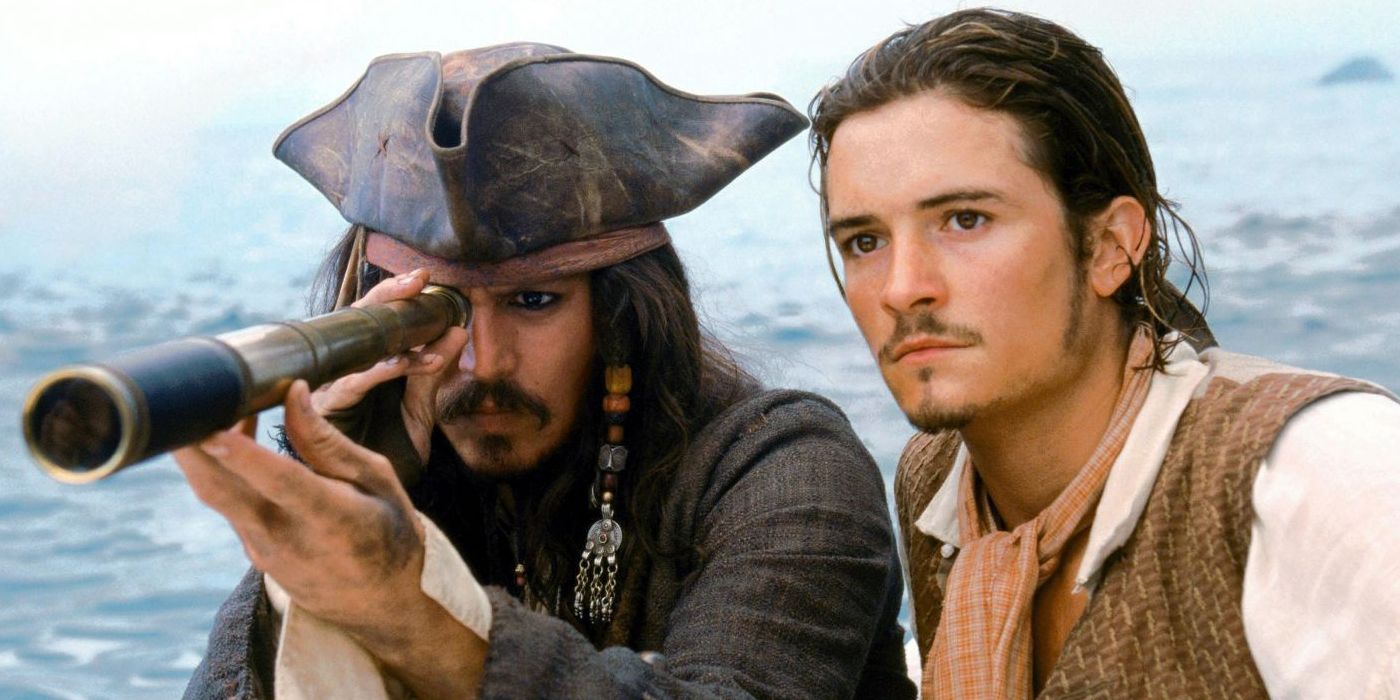Read update
- It's no secret that Hollywood is obsessed with franchises. However, not all film series can live up to their first entry, with many doomed to spend their entire existence chasing after the original's highs. The upcoming release of Indiana Jones and the Dial of Destiny (June 30) seemingly confirms that some Hollywood franchises will never outdo the first film, whether because it's too good or because the sequels have no purpose other than generating more money.
Most major film releases intended to launch a franchise split focus between the main story and overarching plots and characters with mysterious backstories to be filled out in further installments. When those initial releases underperform at the box office, those plans never come to fruition, leaving fans wondering what could have been.
On the flip side, some films are experiments, sent out with little faith - and become runaway hits that the studio will inevitably double down on and craft a franchise around. A lot of the time that can mean neglecting what made the film so unique.
Updated on June 25, 2023, by David Caballero:
It's no secret that Hollywood is obsessed with franchises. However, not all film series can live up to their first entry, with many doomed to spend their entire existence chasing after the original's highs. The upcoming release of Indiana Jones and the Dial of Destiny (June 30) seemingly confirms that some Hollywood franchises will never outdo the first film, whether because it's too good or because the sequels have no purpose other than generating more money.
10 'The Silence of the Lambs' (1991)
Jonathan Demme's 1991 psychological horror The Silence of the Lambs stars Anthony Hopkins and Jodie Foster in their Oscar-winning roles as Hannibal Lecter and Clarice Starling. Based on Thomas Harris' 1988 novel, the plot centers on an FBI trainee seeking help from a convicted serial killer and cannibal to catch a killer targeting women. The film was a major critical and commercial hit, winning the Big Five Oscars and becoming an icon in horror cinema.
Ten years later, a sequel came out; however, Foster refused to return, and Julianne Moore took over the role. Although a fine actress, Moore couldn't live up to Foster's legacy, and the film's plot was a disservice to Claire. The next year, a prequel to the first film premiered, and while Hopkins reprised his role in both projects, neither could measure to the groundbreaking exercise in tension that was The Silence of the Lambs. Unfortunately, this uneven and divisive series is far from one of the best horror franchises.
9 'Die Hard' (1988)
Bruce Willis became an A-list star thanks to the 1988 action film Die Hard. Willis starred opposite the late Alan Rickman in a story about a New York cop who takes on a terrorist-occupied Los Angeles skyscraper while visiting his estranged wife for Christmas. Die Hard was a major box office success, launching an entire action sub-genre and spawning several franchises throughout the next three decades.
However, none of the subsequent films were as good as the original. A huge reason is the constant rehashing of the original premise, and the lack of a villain as strong as Rickman's Hans Gruber also damaged the series. The last films also became increasingly silly, embracing mindless spectacle while incapable of replicating the unique mix of wit and humor that made the original such a hit.
8 'Iron Man' (2008)
Jon Favreau kickstarted the Marvel Cinematic Universe with 2008's Iron Man. Robert Downey Jr. starred as Tony Stark, an egotistical and wealthy playboy who builds an advanced suit of armor to fight crime after suffering an epiphany while kidnapped by a terrorist group. Iron Man planted the seeds for the MCU's success thanks to its positive reviews and impressive commercial performance.
Unfortunately, its two sequels were disappointing. Iron Man 2 is mediocre and a waste of a great comic book storyline - the now-iconic "Demon in a Bottle" arc where Tony struggles with alcoholism. Same with Iron Man 3, which tried subverting audiences' expectations about Iron Man's most famous villain, The Mandarin, but failed spectacularly. And while Downey Jr.'s Tony remained great, he was constantly let down by pedestrian storylines.
7 'Predator' (1987)
Predator crystallizes Hollywood's approach to action movies of its era before gleefully and subtly deconstructing it in its second half. Focusing on a group of macho soldiers facing an unquestionably smarter, stronger, and better-prepared enemy. This tightrope walk between sincerity and tongue-in-cheek self-awareness makes Predator such an enjoyable watch. It's also the ingredient that is missing from the three films that succeed it.
Predator 2 was made for cheap, and while Danny Glover does his best, he can't elevate some pretty poor material. Predators by Robert Rodriguez had an interesting central conceit and a good cast but was a largely humorless affair. And the less said about Shane Black's abysmal 2018 soft reboot, the better. When it comes to the Predator franchise, the first outing remains supreme.
6 'Raiders of the Lost Ark' (1981)
Is there a more iconic opening sequence in cinema than Raiders of the Lost Ark? Harrison Ford plays a mysterious, fedora-sporting figure who enters a mysterious temple where dodging a succession of deadly puzzles, he comes across a beautiful golden idol. Despite careful effort, the temple's most deadly trap is unleashed, and the hero barely escapes, only to be intercepted by a rival. What follows is a brilliantly told, tightly woven story, balancing adventure, action, and romance into a compelling, self-contained whole.
The follow-up, Indiana Jones and the Temple of Doom was a darker but ultimately lesser film. Indiana Jones and the Last Crusade was a return to form, but beyond Sean Connery's performance, it does little to justify its existence, rehashing Raiders' plot. Lastly, the belated Indiana Jones and the Kingdom of the Crystal Skull has some misguided story decisions coupled with a clumsy attempt at torch-passing, making it the weakest film of the franchise.
5 'The Matrix' (1999)
On paper, a film that combines wire-fu, a war set far in the future between machines and humankind, and some deep philosophical questions about the nature of reality shouldn't work. Alas, The Matrix was a game-changing hit, with the Wachowski Sisters crafting an intelligent blockbuster still regarded as one of the all-time best science fiction films.
The goodwill generated by the original led the studio to greenlight two back-to-back sequels. Reloaded and Revolutions have great action sequences but become bogged down in plot contrivances that stretch even the most well-developed suspension of disbelief. The recent attempt to return to the franchise makes the same mistakes the sequels did. Matrix Resurrections fails to effectively balance its disparate plot threads into a satisfying narrative, allowing the first film to remain the undisputed champion of the franchise.
4 'A Nightmare on Elm Street' (1984)
A Nightmare on Elm Street was written and directed by horror master Wes Craven. The film's premise was based on the struggle to define the distinction between dreams and reality, especially during the confusing period of adolescence, and it remains one of the most iconic slasher films ever made.
The rest of the franchise is a mixed bag. The main problem is that New Line gave over the franchise to filmmakers who didn't possess Craven's ability to conceptualize. However, much of the franchise descends into self-parody, and Freddy goes from scary to ridiculous. While this might appeal to some, it's not what most want from a horror antagonist.
3 'American Pie' (1999)
The sudden popularity of the 90s "gross-out" subgenre seemingly came out of nowhere. American Pie, one of the originators of this trend, stands out as much for its memorable, envelope-pushing gags as it does for its unexpected heart. The first film is a classic coming-of-age story disguised as a raunchy comedy about gags involving bodily fluids.
The same cannot be said for the rest of the franchise. Each entry got increasingly outlandish and disgusting with its gags while leaving the sweeter elements behind; Chris Kline didn't even turn up for the third outing, and the film didn't acknowledge it. The straight-to-video spin-offs involving characters like Stifler's brother are even worse. The only carry-over character is Jim's dad, and it should be a crime to waste a comedic genius like Eugene Levy.
2 'Jurassic Park' (1993)
Numerous directors throughout history have experienced hot streaks. However, looking past the great Steven Spielberg in terms of consistency is pretty difficult. What makes Jurassic Park a real stand-out is the ingenuity in bringing a vision of dinosaurs to the big screen. CGI had been used sparingly in cinema up to that point, and Jurassic Park was unlike anything audiences had seen.
Jurassic Park's unique nature works against the subsequent films in the franchise. While there are some merits to The Lost World, the same sense of wonder is difficult to quantify, much less replicate - not to mention the infamously silly last 20 minutes of that film; meanwhile, the third is mainly forgettable. The rebooted timeline that began with 2015's Jurassic World is serviceable, but again lacks the same sense of wonder, and not least because audiences are far more used to dinosaur visual effects.
1 'Pirates of the Caribbean: The Curse of the Black Pearl' (2003)
In terms of unexpected franchises, Pirates of the Caribbean is among the most surprising. The last pirate film produced by a major studio in Hollywood was an infamous flop: Cutthroat Island, a film so monumentally unsuccessful it bankrupted the studio that made it and made the rest of the movie-producing world afraid of the genre for a decade.
Still, The Curse of the Black Pearl was a runaway success. The film spawned an unlikely trilogy, plus two more sequels. However, given the lack of expectation for the first film, director Gore Verbinski didn't have much of a plan for an ongoing story. It shows in the vague mix of pirate tales, and mythology slapped together with the continuity of the first film that forms the nexus of these two sequels. The law of diminishing returns again applies here as the films without Verbinski at the helm got gradually worse.

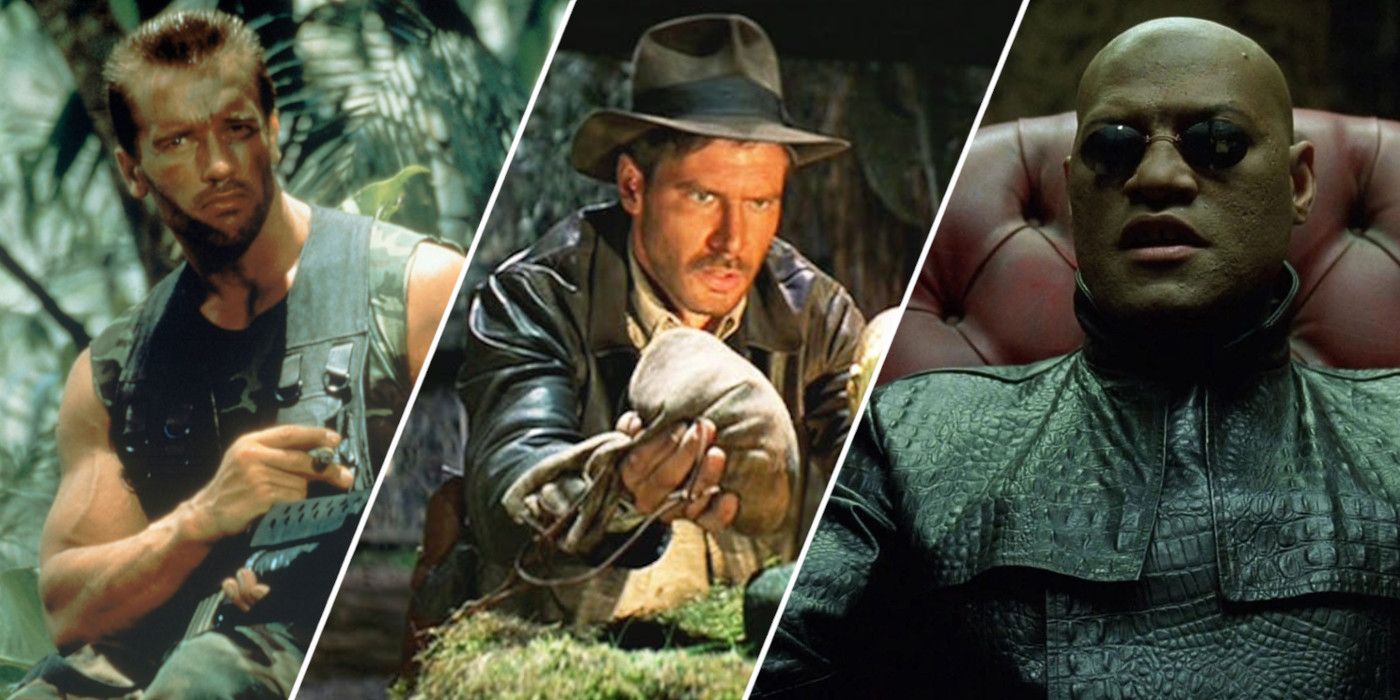
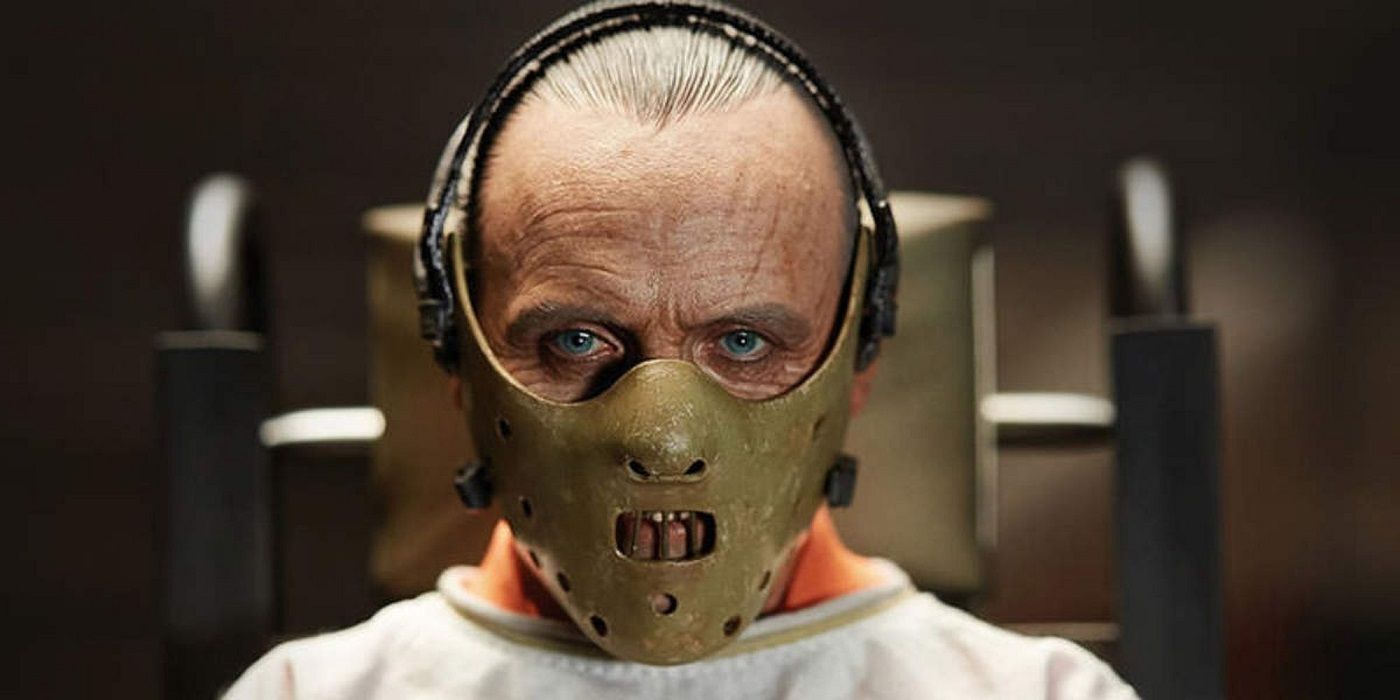
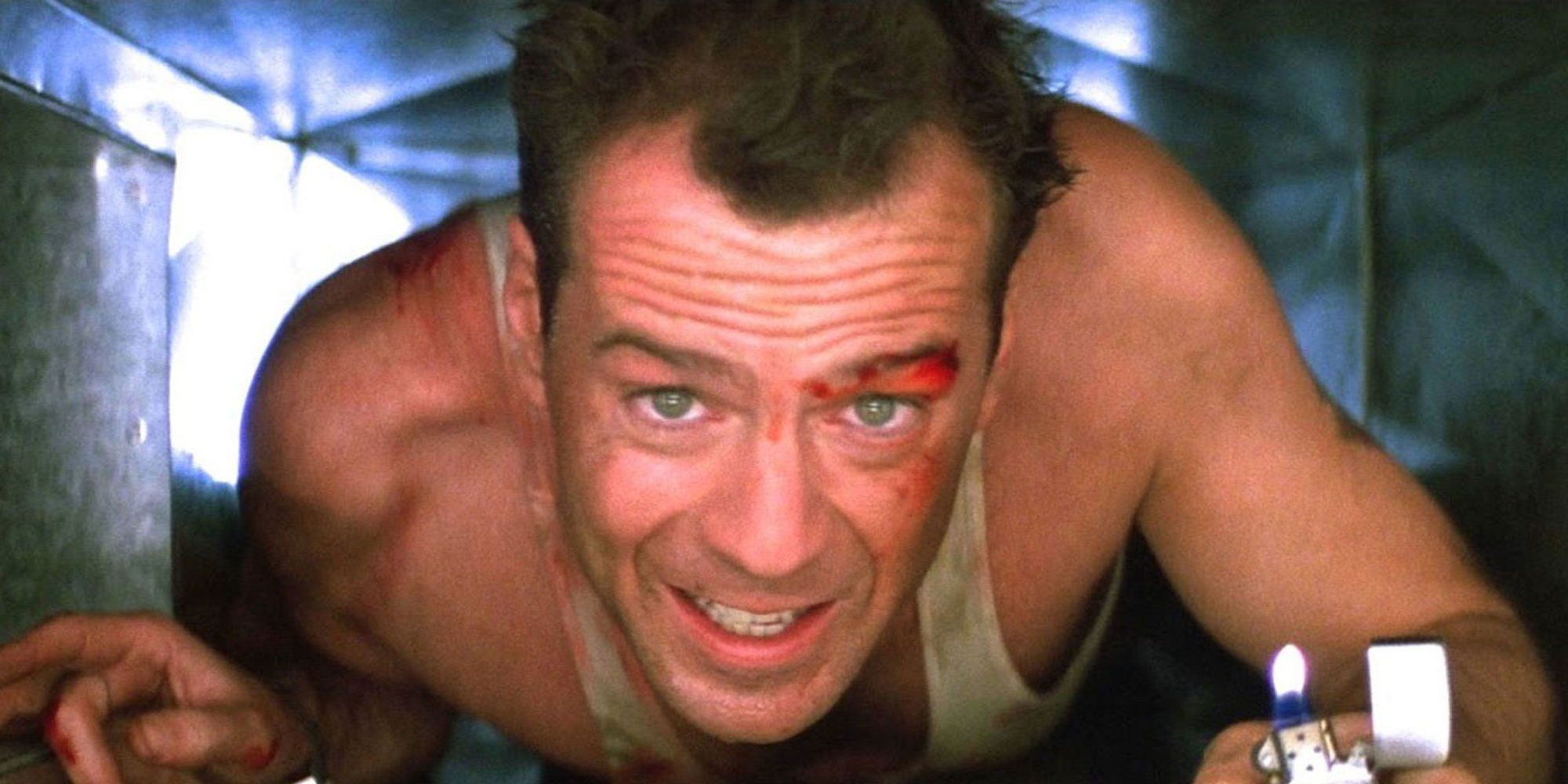
.jpeg)

